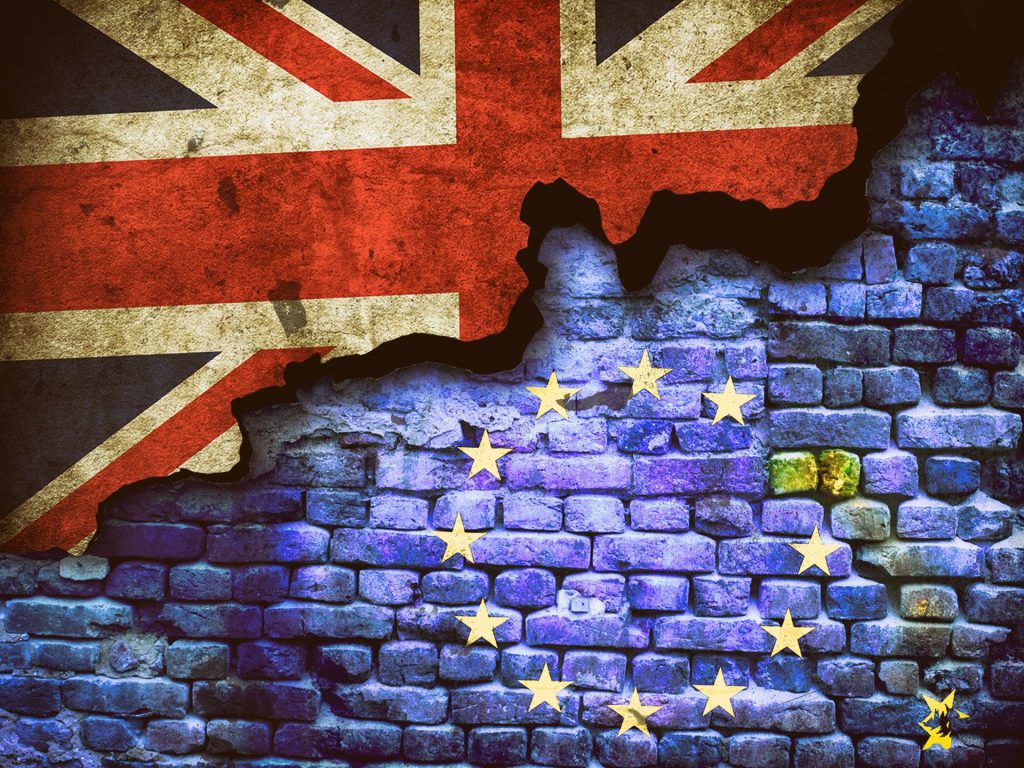
How Will Summer Holidays in Europe be Affected After Brexit?
There’s still a huge amount of uncertainty surrounding the UK’s impending exit from the EU on the 31st January 2020. One of the main questions still being asked is: how will it impact holidaymakers this summer?
The ABTA, the UK travel trade association for tour operators and travel agents, has recently issued some guidance for British tourists on what they should expect post-Brexit.
How will it affect UK travellers?
If the UK does leave the EU on the 31st January, the country will enter an 11-month transition period, during which nothing will change. Therefore, all UK travellers can continue to travel without disruption or change until at least the end of December 2020. This means that all passport and European Health Insurance Cards will still be valid and when travelling to European countries, UK citizens will still be able to use the same gates at border control.
Here are the key things you need to know. After the 31st January:
- all flights will still operate to European countries
- UK travellers will not need a visa to travel to the EU
- ferries and cruises will continue to sail
- coaches will still be able to travel to, from and around the EU as normal
- during the transition period, you will not need to have 6 months left on your passport to travel to the EU
- EHIC cards will be valid throughout 2020
- an International Driving Permit will not be required
- the cost of calls and texts in the EU will remain the same as the UK
It’s yet to be determined what rules will be enforced and what will happen after the transition period.
How will it affect people throughout the EU?
After Brexit day, the standstill period will also apply for anyone in the EU whilst Britain and the EU works out the final details.
In fact, if the UK leaves the European Union with a deal it’s unlikely that there will be any changes to entering the UK until 2021.
If the UK leaves without a deal, Irish citizens will continue to be able to enter the UK as they do now and EU, EEA and Swiss citizens will not need a visa to travel to the UK for holidays or short trips.
During 2021 the UK will stop accepting national ID cards for entry to the UK for EEA citizens but a date for this will be confirmed nearer the time and information will be released well in advance. Staying up to date with the rules and regulations about crossing the UK border and visiting the UK after Brexit is important.
Will I need to take out travel insurance to cover Brexit?
If you’re worried about Brexit affecting your summer holiday the best way to protect your holiday is to book a package deal, therefore, making it the responsibility of the travel company to make sure your holiday is provided and to offer an alternative, or a refund if it cannot be delivered.
However, it’s also advised that you purchase travel insurance that covers cancellation and curtailment in the event that your trip is unexpectedly cancelled.
Even though the EHIC gives any EU citizen the right to access medical care when travelling in another EU country and will still be valid until the end of 2020, it does have some limitations. It’s advised that holidaymakers always purchase travel medical insurance for their trip even if they hold a valid EHIC card.
